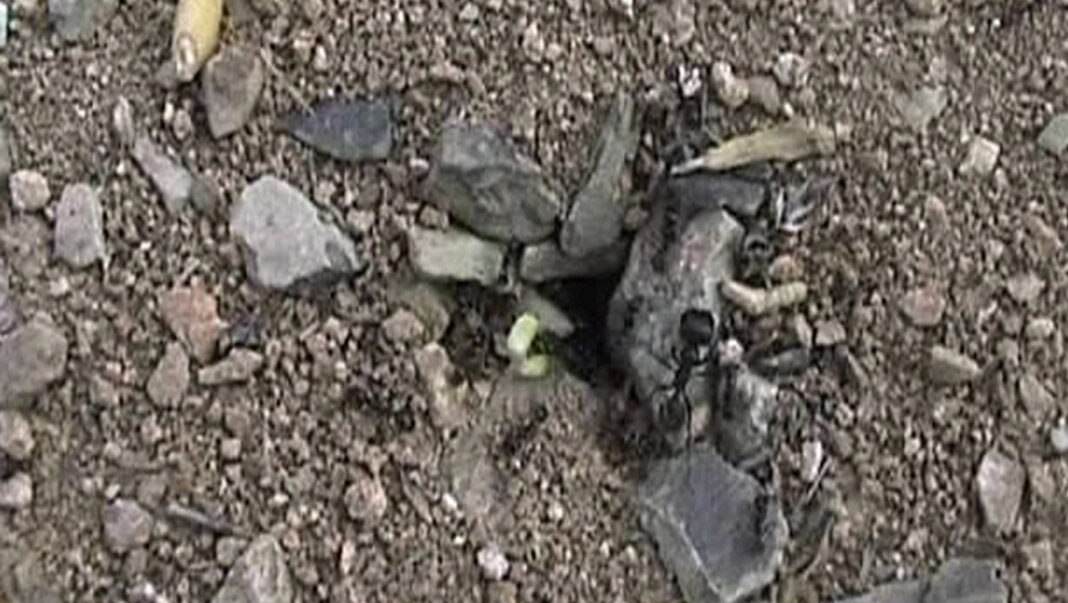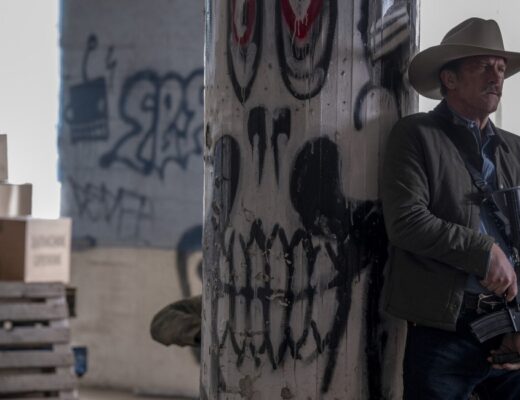There’s at least a few reasons for the near total lack of critical interest in Abbas Kiarostami’s 10 on Ten, not the least of which is its near unclassifiable nature. It’s not quite an essay film, at least not in the Chris Marker sense, although it does take the form of a personal lecture. It’s not exactly a documentary, but it does consist entirely of Kiarostami talking candidly about his films and his philosophy. Having said that, it’s not a philosophical tract either, except in as much as it applies practically to Kiarostami’s own unique process. Technically speaking, it’s not even a film proper, shot entirely on consumer grade DV with occasional snippets of clips from previous Kiarostami films. What it is, ultimately, is one of the few documents we have of a great filmmaker directly addressing his audience. Along with Orson Welles’s Filming Othello and Jean-Luc Godard’s Scenario du film Passion, 10 on Ten is nothing less than a statement of aesthetic and moral purpose. Its subtitle (“a cinematic master class with Abbas Kiarostami”) is perhaps too grandiose a claim for such a modest endeavor. But modest does not equal slight; Adrian Martin’s term for Jaques Rivette’s Around a Small Mountain—“miniature”—seems appropriate. Indeed, it is high time for Kiarostami’s ‘miniature’ studies and experiments to be allowed into his established oeuvre and to be properly canonized.
That 10 on Ten is available only as an extra on Zeitgeist’s Region 1 release of Ten has no doubt also contributed to the former’s invisibility. Jonathan Rosenbaum reports that 10 on Ten was in fact commissioned as an extra for the Region 2 release of Ten. It is a testament then to Kiarostami’s talent that something so potentially banal winds up becoming its own unique, full-fledged work. Despite the title, 10 on Ten is not specifically (or only) about Kiarostami’s 2003 film, Ten. The director, often addressing us from the driver’s seat of his car, traverses some of the same roads he photographed in his Taste of Cherry. He speaks about the genesis of his earlier documentary, ABC Africa, as well as his gradual conversion to digital. He relates an interesting anecdote about the controversial coda of Taste of Cherry, a film that switches from 35mm film to video as its mysterious protagonist climbs out of his open grave and seemingly stumbles across a film set, complete with extras and musical accompaniment by Louis Armstrong. Kiarostami says that he originally shot the scene on film, but that the negative was damaged during processing. With neither the time nor the money to reshoot, he instead used the video rushes provided by an on-set making-of crew.
Indeed, video becomes a philosophical and ethical issue for Kiarostami, who relates how it has liberated him from many forms of capitalist control, as well as the effect it has on non-professional actors (smaller cameras and less equipment help people feel more at ease and act more naturally). While hardly a revelatory idea (these aspects of digital photography have been much discussed), it is interesting to hear a filmmaker casually discuss his own personal revelations, the steps that lead him to new techniques and new processes. Kiarostami being Kiarostami, that filmmaker also can’t help but end on a grace note of mystery, zeroing in on a winding path of ants—forming a clear poetic, visual symmetry with the roads of Taste of Cherry and the runaway fruit of The Wind Will Carry Us is clear. And while it’s impossible to know just how much of 10 on Ten was pre-planned and how much was ‘discovered,’ it’s telling that in nature, Kiarostami finds a reflection of himself.







